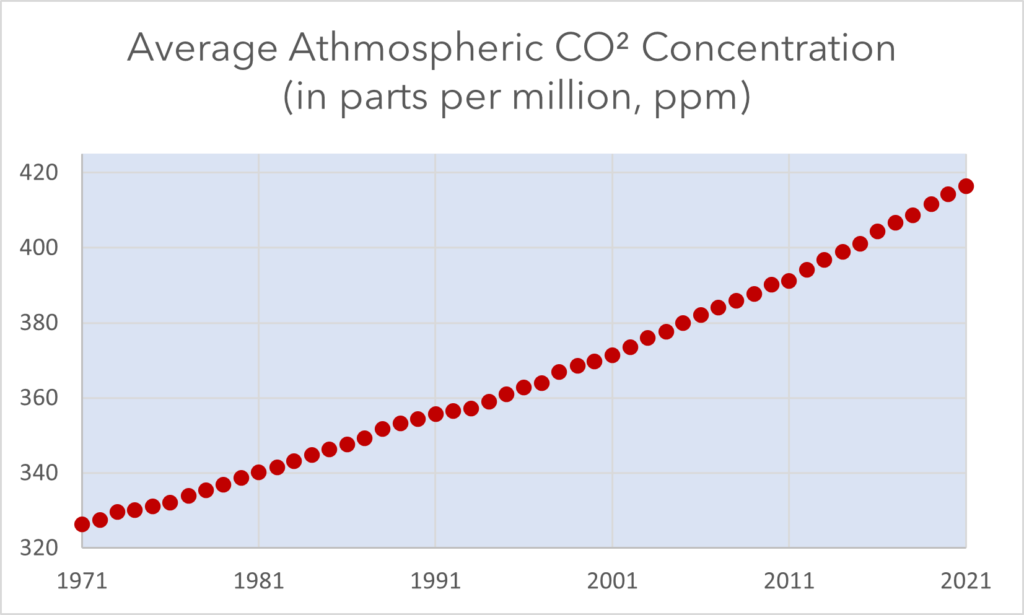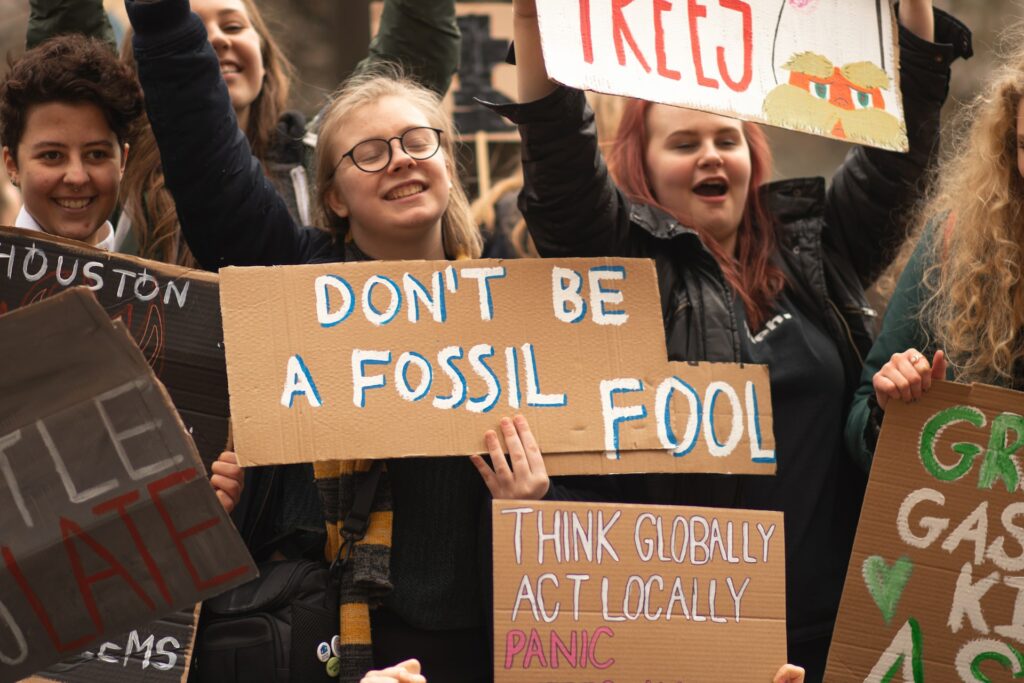The one (and only) favour fossil fuel companies did for climate change mitigation

If one thinks of ways of how to successfully implement climate change mitigation policies on a global level, it is not like fossil fuel companies are not part of the solution – albeit their involvement is only their complete dissolution in the (hopefully) not so distant future. Until we reach that point, however, it comes as no surprise that these multi-billion dollar industries are fighting every effort to limit their profit and influence tooth and nail, and, since they can afford to spend unmatched sums for political lobbying, for better parts of the last decades have done so victoriously.
A recently published and widely cited study, appearing in the journal Global Environmental Change, further unravels just how much damage the major global players in fossil fuel extraction and processing have caused (Bonneuil et al. 2021). While the strategies to actively deny climate science and engage in smear campaigns against those seeking to pass significant greenhouse gas-reducing policies by corporations like Shell, Exxon Mobil, and BP have been known for roughly a decade now, the current study focuses on the French multinational Total. The authors analysed 50 years of archival footage, interviews, and internal communications and concluded that at least since 1971, the corporate leaders knew exactly how harmful the extraction of fossil fuel is for the climate and the environment. An article published in the same year in the corporate newspaper Total Information, for instance, correctly predicted the atmospheric CO²-concentration to be around 400ppm in 2010 (the actual value was 390.1ppm). The article continues to label this concentration level to be “alarming” and concludes: “The disastrous consequences are easy to imagine”. Well, now, more than 50 years later, there is no more need for imagination.

From the 1980s onward, this early knowledge of the climate crisis to be was systematically used by fossil fuel companies, for instance through the International Petroleum Industry Environmental Conservation Association (IPIECA), to dispute climate science and weaken international climate policy, potentially setting back these efforts for years in a matter where as of now, every minute counts. As the most climate-vulnerable countries, particularly small island states begin to fear for their very existence, fossil fuel companies continue to make multi-billion profits and the topic of Loss & Damages is still avoided at every major climate change summit, such as last years COP26 in Glasgow.
When the scientific insights on climate change became no longer deniable and fearing for their public reputation, the corporations changed their strategy after the turning point of the 1997 Kyoto Protocol. The fossil fuel industry shifted toward depicting itself as a scientifically rational and responsible actor. This resulted in the only and probably last favour the fossil fuel companies did for the cause of climate change mitigation. By trying to distract from corporate responsibility for climate change, campaigns initiated by BP and later picked up by other corporations massively advertised the back then new but relatively unknown concept of the carbon footprint in an order to shift away the blame of accelerating climate change onto individual choices.

While this was just another highly deceptive PR campaign, it also led to an increasing interest of individuals concerned about how their personal actions and choices fuels climate change and contributed to a climate-aware young generation for which the fight against climate change is the utmost priority. Greta Thunberg and her movement of Fridays for Future is just one of many examples. The criticism against the fossil fuel corporations, however, never stopped and by having an ever-growing climate-aware, scientifically-interested and responsible generation of people all over the world, this will hopefully continue to be the case, eventually leading to the abolition of one of the biggest drivers or climate change – fossil fuel.
Sources & additional information:
- Banerjee, N., et al. (2015). Exxon: The Road Not Taken. InSide Climate News.
- Bonneuil, C., Choquet, P.-L., & Franta, B. (2021). Early warnings and emerging accountability: Total’s responses to global warming, 1971–2021. Global Environmental Change, 71, 102386.
- Kaufman, M. (2020). The carbon footprint sham. In: Mashable.
- Supran, G., & Oreskes, N. (2017). Assessing ExxonMobil’s climate change communications (1977–2014). Environmental Research Letters, 12(8), 084019.